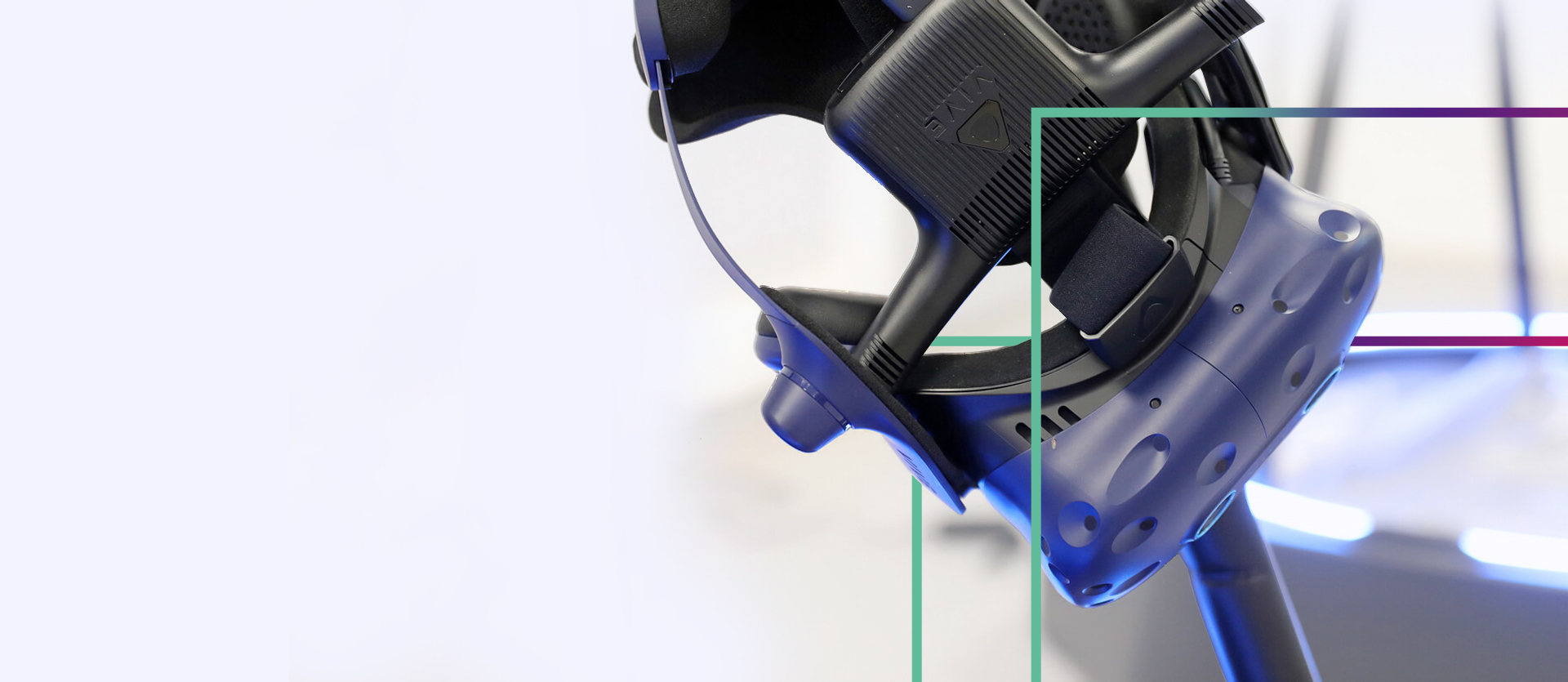The PhD theses
In 2021, three ongoing theses will address different aspects of the problem:
Research theme 1: Thesis by Nafé MORADKHANI
This thesis, which was started in late 2019, aims to define the mathematical concepts necessary for modelling and simulating collaborative networks. The principle is based on an analogy with the physical world, where the players in a network are solids that move in a performance space according to the forces acting on them and the environment.
In 2019 and 2020, the theoretical concepts necessary for the modelling of collaborative systems were defined and validated. Several simulations were carried out on known systems in order to validate our approach (epidemic evolution, polling station organisation in the USA).
The modelling framework was based on physical laws. It attempts to identify and model risks and opportunities as forces controlling the trajectory of a system affected by them.
Collaborative networks can therefore be described and implemented by dynamic components known as “concepts”. Physics of organisation dynamics (POD) applies physical laws to these systems to manage them in a dynamic context. The role of POD is to identify and model potential negative (risk) events, as well as potential positive (opportunity) events.
Work is continuing in 2021 to establish a deep learning approach (LSTM) to identify the forces acting on the network.
Research theme 2: Thesis by Thibaut CERABONA
Also begun in late 2019, this thesis aims to apply the new modelling concepts created to the area of strategic and tactical management of supplier networks. The models thus created, based largely on the SCORE framework, should make it possible to assess a supplier network’s performance, how it changes over time, and the impact of external events or internal decisions on the achievement of objectives.
Alongside the experiments to assess our approach on the epidemiological model, we designed an application case for supplier network management, which is more complex than the epidemiological model for validation.
We chose to model the Airbus civil aircraft assembly lines at the Blagnac site. This environment has the advantage of representing a controlled industrial context, with small-scale and yet complex production, since it is part of a supply network of several tens of thousands of highly diverse companies (raw materials, standard components, complex systems, chemicals, etc.). We used data from the Airbus assembly line organisation and interviews with experts in the field to create a realistic representation of this network and identify the right attributes and indicators.
We were therefore able to demonstrate that the proposed modelling approach remains valid for a more complex application than the previous one (epidemic spread), in the context of a network of suppliers. It was in fact possible to develop a functional model able to simulate supply chain operation (nominal or disrupted) over several months. It was then necessary to identify the forces acting on the system and the strategies that could influence its performance.
Project 3: Thesis by Mahsa MALEK
This thesis began in 2021 and focuses on decision-support models for optimising performance at the strategic and tactical level. Based on the modelling carried out, the results of this work should help guide the choices of decision-makers in order to achieve the desired performance goals as effectively as possible.


